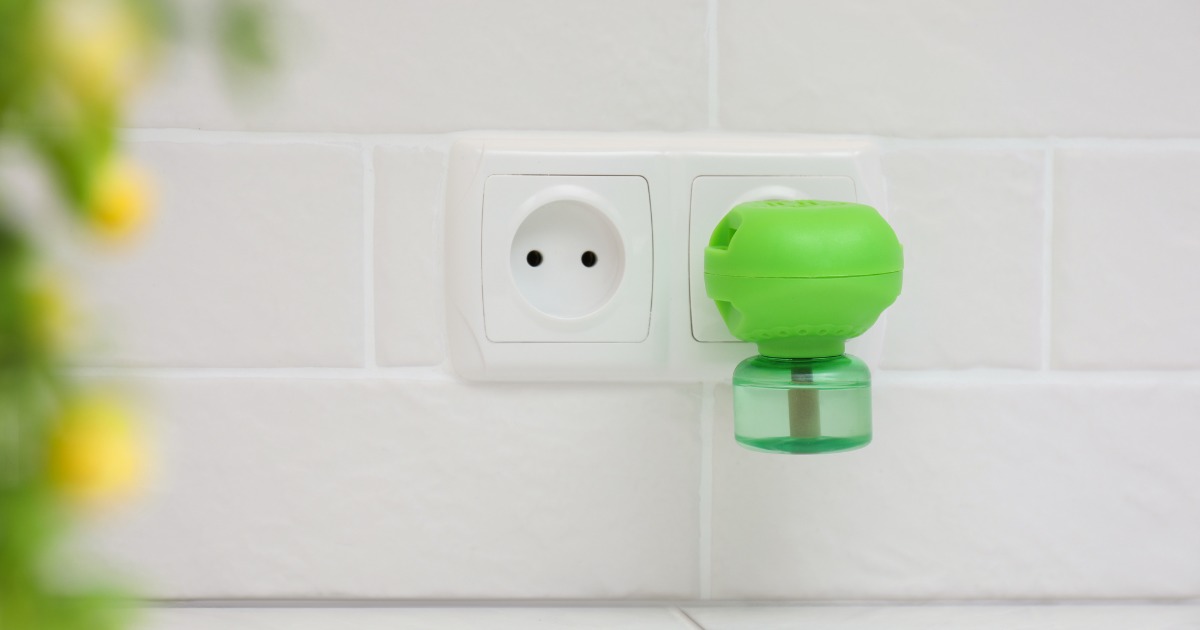
With a dengue epidemic spreading through the country and 740,942 suspected cases recorded so far, insect repellents have become a common item in Brazilian homes. However, experts warn of potential health risks associated with inappropriate use of these products.
See also: 7 infallible tips for those who have air conditioning and do not want to pay a lot on electricity bills
This is because electric repellents work by continuously releasing mosquito repellents, which generally consist of pyrethroids, a type of synthetic insecticide.
Repellent ingredients: effectiveness and risks
Although effective in repelling mosquitoes, these compounds can cause allergic reactions and irritation in some people, especially children, the elderly, and individuals with pre-existing allergies.
Side effects of taking repellents, according to doctors
Toxicologist and president of the Brazilian Society of Clinical Pathology and Laboratory Medicine (SBPC/ML), Álvaro Pulcinelli, highlighted in an interview with Metropolis that side effects can range from skin and throat irritation to more serious respiratory problems, such as coughing. And sneezing, especially in cases of overexposure.
Pesticide allergy and asthma
Infectious disease specialist Marcelo Daher, from the Brazilian Society of Infectious Diseases (SBI), confirms that although the doses of pesticides released by insect repellents are generally low, they can cause harmful effects in people with greater allergies, such as Those who suffer from asthma.
How to use port flushers safely
Given these risks, experts recommend taking some measures to reduce exposure and potential harmful effects on health. It is recommended to keep environments ventilated, and place repellents near doors and windows. Furthermore, follow the manufacturer's instructions regarding usage time, which is generally between 8 and 12 hours.
Anvisa guidelines
The National Health Surveillance Agency (Anvisa) allows these products to be used in any home environment, as long as they are kept at a distance of at least two meters from people. For those with greater sensitivity to compounds, moderate use or turning off the repellent during sleep is recommended.
Alternatives to insect repellent sealants
Other strategies to repel mosquitoes, such as the use of fans and air conditioning, are also recommended, which helps reduce reliance on plug-in repellents and reduce the health risks associated with their excessive use.
Dengue fever in Brazil: numbers and prevention
According to the Ministry of Health, Brazil recorded more than 1.6 million cases of dengue fever in 2023, an increase of 15.8% compared to the same period in 2022. The number of deaths also increased: from 999 to 1,053 deaths. The states with the highest dengue infection rates are Espirito Santo, Minas Gerais, Santa Catarina, Paraná, Mato Grosso do Sul, Distrito Federal, and Goiás.
According to experts, the increase in dengue cases could be influenced by factors such as climate change, increased rainfall, the number of people exposed to the disease and changes in the prevalence of dengue virus serotypes.
Therefore, the Ministry of Health indicates in 2024 a dengue risk scenario mainly in the central-western, southeastern and southern regions. The Authority also announced the inclusion of a vaccine against dengue in the Public Health System (SUS), namely “Qdenga”, which has begun its application. This February, the vaccine was produced by the Japanese Takeda laboratory.
*With information from capitals

“Friendly zombie guru. Avid pop culture scholar. Freelance travel geek. Wannabe troublemaker. Coffee specialist.”






